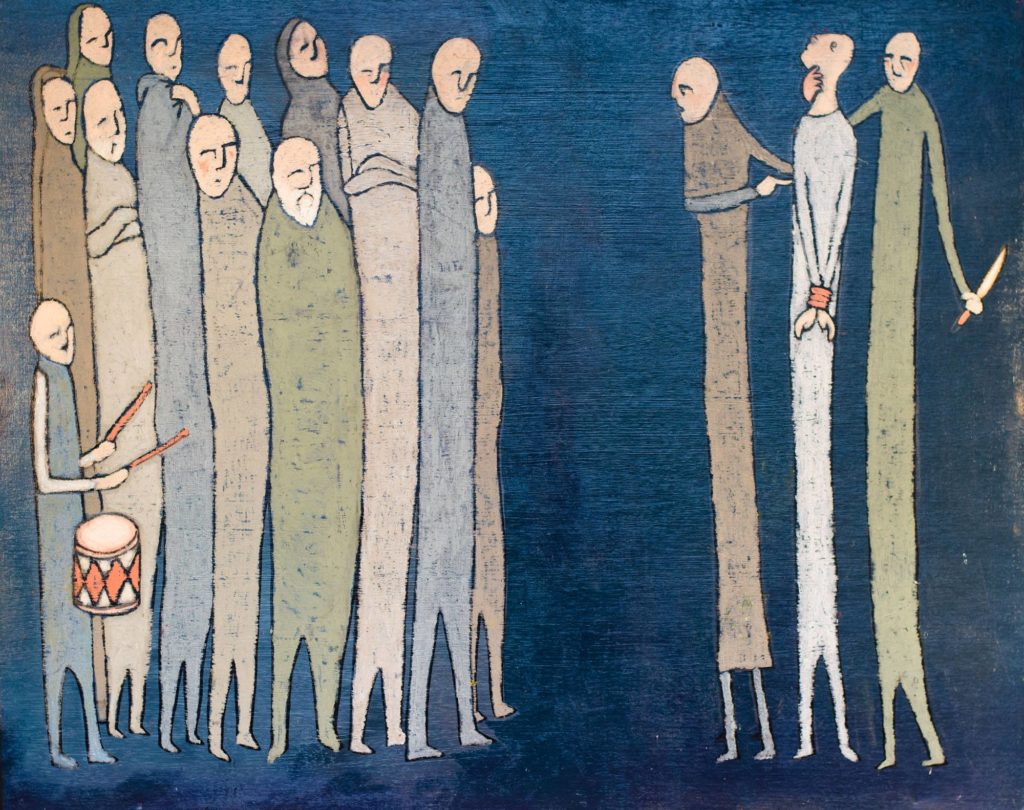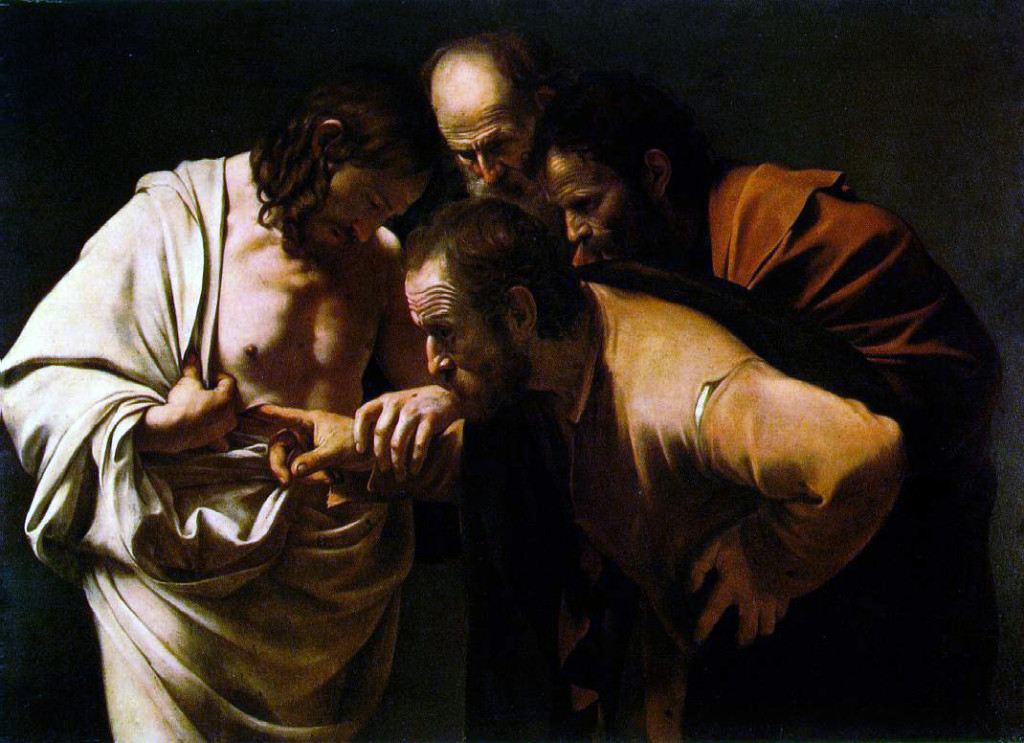
Desire and Self-Formation.
This course will explore the formation of self. Exploring the unconscious movements of desire and the stories we develop to give meaning to our life events.
Scripture has much to say about the nature of humanity. The specific area we will explore is the reflective nature of humanity as described in Genesis 1:26: “Then God said, “Let us make humankind in our image, according to our likeness” NRSV
A whole new branch of psychology developed around Girard’s understanding of the reflective quality of human desire. In short, desire is mimetic. Desire does not spontaneously arise between an object and the one desiring the object, but rather, desire is mediated.
The Human Genesis.
An in-depth re-reading of the Genesis text in the context of mimetic desire, to shed new light on what makes us human. The Genesis narrative is filled with mimetic symbolism. Likeness and otherness, God and man, male and female, differentiation, desire, paradise, romance, whispering voices and the confusion of good and evil are all present in the first three chapters. We are about to unfold Genesis 1 to 3 and a few selected pieces beyond, within this mimetic context, exploring both the life-giving and destructive possibilities of our reflective nature. The way in which we’ll read these texts is not the one-dimensional approach in which it is assumed that there is only one right interpretation. Rather, we’ll follow the more ancient tradition which perceives many layers of meaning and consequently many true interpretations.


Mimesis and the Meaning of Myth.
Understanding the origin of culture according to mimetic realism. Deconstructing origin myths and rituals to understand the function of sacrifice and the birth of the gods.
Peering into our prehistoric past, attempting to understand the problems our ancestors faced and how they went about solving them, is obviously a very complicated task. Significantly, human sacrifice seems to be a universal phenomenon and the first sign of a new civilization. Archaeological evidence shows that most of these early communities were religious or at least ritualistic. Some form of sacrificial system was at the heart of primitive communities. Why?
In this course we will trace the processes of desire from its personal mimetic origins to its social implications.
Scriptures as Conversation.
To understand the relationship between scripture and myth and why that is relevant to us today. What are the underlying messages contained in these stories? What do ancient myths have in common with the Bible and, very significantly, where do they differ?


Symbolism of Evil.
Exposing the structure of evil and the development of its symbolism. Moving beyond mythical and abstract descriptions of evil.
What is evil? Answers to this question have often been very abstract and theoretical. In reality, though, we encounter evil not as some abstract theory but as a very real experience.
Mankind’s struggle with evil did not begin as a supernatural battle against an evil spiritual being. It was the very real struggle with violence, death, suffering, fear and guilt that inspired our stories. Often mankind stood helpless against natural forces or against the communal influences that forced us to act in a certain way. Reverting to language, to elaborate stories, was often the only way in which we could still have a say in what seemed inevitable. Our myths and philosophies were the only way in which to purge ourselves of the unbearable guilt. However, being so deeply involved and invested in the processes that secured our communities, we remained blind to the fact that we were the cause of much suffering.
In this course we will also look at the concept of Satan – how this idea developed in response to the paradox of evil.
Jesus, the Crescendo.
What makes Jesus Christ uniquely significant in history, relevant in our present world and a living hope for the future of humanity.
Jesus’ story summarizes the human story and offers a conclusion that we were unable to reach ourselves. The circular events in which chaos gives way to order and order succumbs to chaos, the never ending cycle of victors and victims would finally be interrupted by a truly new event. Jesus is the embodiment of a message, the creative word that confronts the meaningless chaos of our own stories. Time would be compressed and the futility of its rivalistic activity would be revealed; simultaneously a new time of true meaning would come about in the self-giving love of this man Jesus Christ.

How it works.
- Each week a new lesson is made available. A written lesson is often accompanied by an audio and/or a video (approximately 30min each). To read through the lesson and watch the video will take about an hour.
- One of the most important goals of the course is to help students develop their own unique voice. That means that lessons are not designed to cram you full of information, but rather to draw your unique understanding out. This is facilitated by a weekly written assignment of 300 – 500 words. It is by far one of the most beneficial disciplines. (Time:15 – 45 min)
- The assignments are posted within the class for other students to engage with. Unlike social media where everyone can enter a conversation and steer it in any direction, these conversations are within the class context. That means everyone has read and listened to the same material and answered the same questions in preparing their assignments. The engagements are therefore very focussed and insightful. (Many beautiful friendships have developed from these conversations in previous classes) We encourage students to spend at least 45 min/week interacting within these forums.
- So to summarize the weekly commitment so far: 45 min to work through the lesson; 45 min to write the assignment; 45 min interacting in forums. That totals to just more than two hours per week.
- Every second week we have an online video conversation. It is recorded for those who can’t make it.
- The course is 6 months. Registration is $240 and the monthly investment is $100.
- The final commitment is reading a prescribed book per month. The books are NOT included in the course fees. The time spent depends on your reading speed. Here are some ideas to help increase your reading speed: https://youtu.be/HhW8IHhmSY8
- More information on Group Discounts, Couples, and scholarships here.
